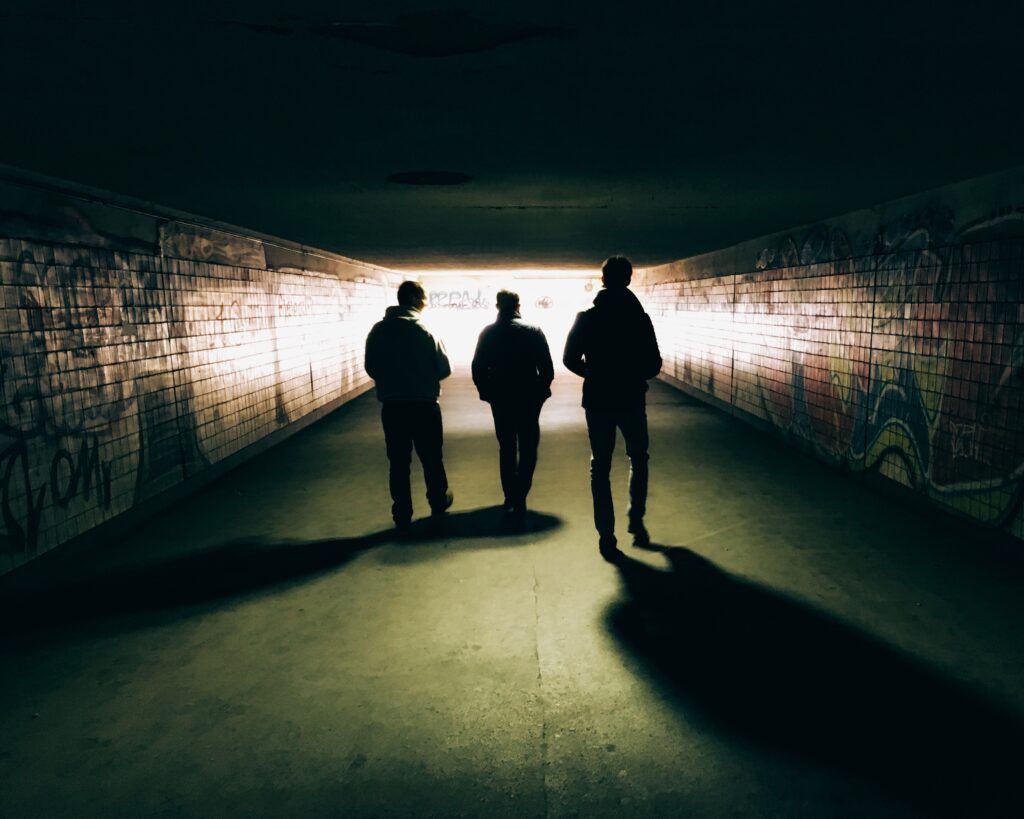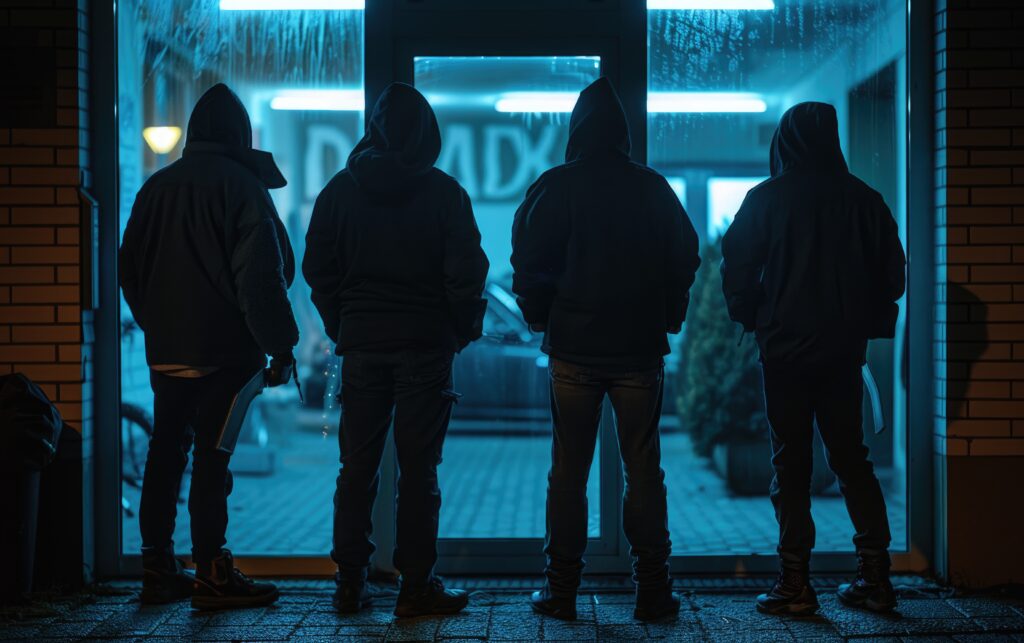Understanding County Lines

County lines are a type of criminal exploitation. In this blog, we explain what county lines are, outline the risks, show how young people are recruited, highlight the warning signs to look out for, and share what you can do if you’re worried about someone else or yourself.
What are County Lines?
The term county lines refers to a type of criminal activity where gangs from bigger towns or cities exploit children, young people, and vulnerable adults to move drugs, money, and sometimes weapons to other parts of the country, usually coastal or rural areas.
What are the risks?
County lines often overlap with other forms of abuse and exploitation. Children and young people involved with county lines are at risk of different types of abuse, such as child sexual exploitation and trafficking.
How are young people recruited?
Recruitment into county lines gangs can be subtle, but highly organised. The gangs target young people to distance themselves from dealing drugs, and to avoid being caught by the police. Recruitment into county lines gangs happens in a variety of ways:
- Grooming through social media: Online platforms are used to promote ‘job opportunities’ that look genuine. Many members share pictures of money, designer clothes, and cars to appeal to young people. The cost of living crisis is making young people more vulnerable to this kind of abuse, as they feel pressure to support themselves and their families.
- Peer pressure or family influence: Some young people are introduced to gangs through siblings, friends, or relatives already involved.
- False promises: Gangs often target vulnerable people who might feel lonely or unsafe at home, and they promise a new ‘family’ that will protect them.
Young people may be more at risk of being targeted by county lines gangs during school holidays, especially the long summer holiday. With more free time, less structure in the day, and fewer adults around, some young people become more vulnerable to grooming and exploitation. Gangs often take advantage of this time to recruit new members by offering excitement and money.
Once somebody gets recruited, it can be very difficult for them to leave. The gangs take advantage of their loyalty, and they may use threats, violence, or emotional blackmail to keep them in the gang.
The person might feel scared about what could happen if they try to leave. Gangs often tell them that leaving will put their family or friends in danger or that the police will see them as criminals. Gangs also isolate them from support networks and convince them that the gang is the only place where they belong.
What are the signs?
Spotting the signs early can help protect a young person from exploitation. Here are some of the common warning signs:
- Going missing without explanation
- Travelling to different towns or cities frequently
- Sudden changes in mood
- Having money or possessions, such as a mobile phone, that they can’t explain where they’ve come from
- Change in use of drugs and alcohol
- Carrying multiple mobile phones, especially cheap “burner” phones
- Changes in friendship groups or distancing from family
These changes can be hard to notice at first, and lots of them are quite normal teenage behaviour. However, if you notice a pattern, it’s important to take this seriously.
If you’re worried about a friend
Abuse and exploitation are never a child’s or young person’s fault. If you’re concerned about a friend or someone you know, there are ways you can help:
- Talk to a trusted adult: This could be a teacher, school counsellor, youth worker, or a family member.
- Contact local services: If you think your friend is in danger, you can call the police on 999. You can also contact the non-emergency police on 101.
- Support: They might feel scared or ashamed. Let them know that you care and that there are ways to get help.
If you’re involved
Leaving a gang can be difficult, but there are professionals and services available to support you and help you leave safely.
You are not to blame, and you don’t have to go through the process alone. Talk to someone you trust, or contact organisations such as:
- SafeCall: A free, confidential and anonymous helpline for young people and family members affected by county lines and criminal exploitation. Call on 116 000 – the service is open from 9am to 11pm, 7 days a week.
- St Giles Trust: They have a team in Wales that helps children and young people involved in county lines. Many of the caseworkers have direct experience of being in a county line themselves.
- Fearless: They offer a special Crimestoppers service for young people. You can give information about crime 100% anonymously.
- Meic: We offer a free and anonymous information, advice, and advocacy helpline for young people under 25 in Wales. If you would like to talk to someone about anything mentioned in this blog, you can talk to Meic. The helpline is open from 8am to midnight every day.























